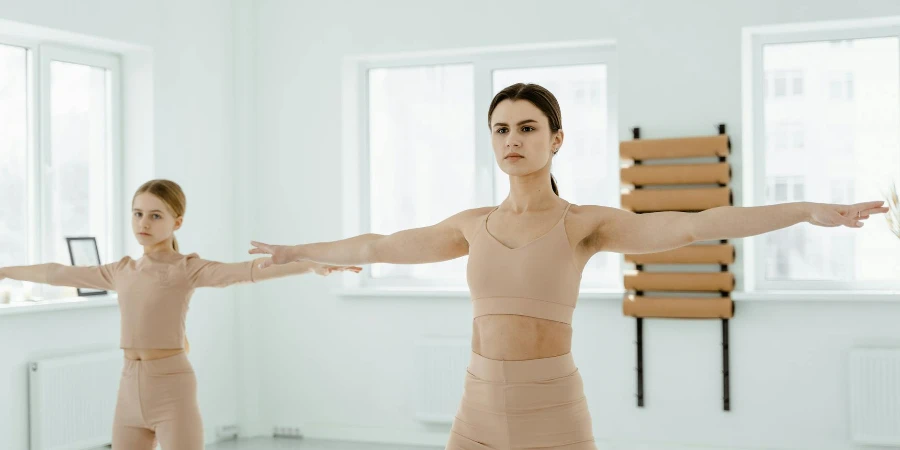Yoga, an ancient practice rooted in over 5,000 years of Indian philosophy, has evolved into a global phenomenon that promotes physical, mental, and spiritual well-being. For beginners, embarking on this journey can seem daunting, yet the benefits of yoga are accessible to everyone, regardless of age or fitness level. This article aims to demystify yoga for beginners, offering a comprehensive guide to starting a practice that can transform your life.
Table of Contents:
– Understanding the basics of yoga
– Finding the right yoga style for you
– Essential yoga poses for beginners
– Tips for your first yoga class
– The benefits of regular yoga practice
Understanding the basics of yoga
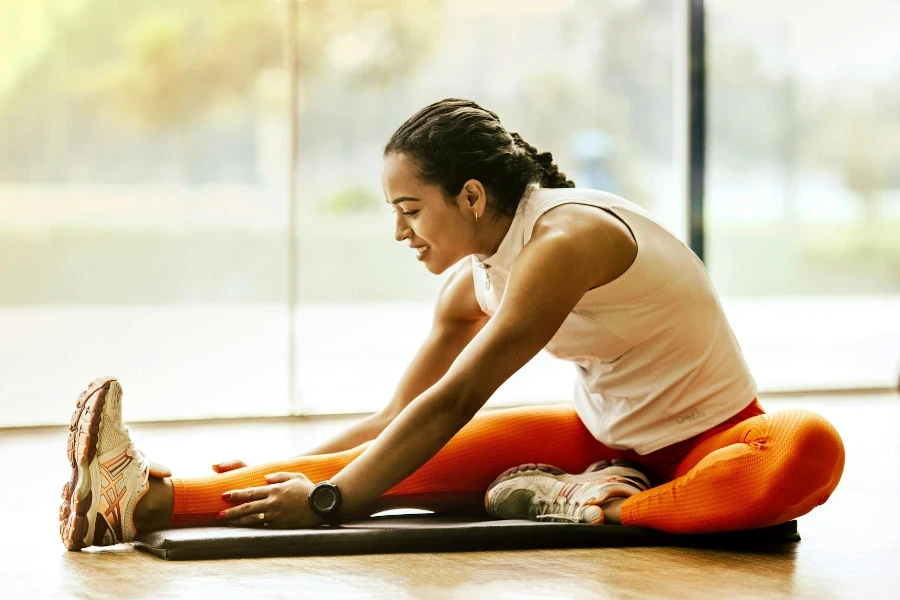
Yoga is more than just physical postures; it’s a holistic practice that integrates physical exercises (asanas), breath control (pranayama), and meditation (dhyana), aiming to harmonize the body, mind, and spirit. For beginners, understanding these core components is the first step towards a rewarding yoga journey. It’s essential to approach yoga with an open mind and patience, recognizing that progress comes with consistent practice.
The philosophical underpinnings of yoga emphasize self-awareness, discipline, and the pursuit of inner peace. Beginners are encouraged to explore these concepts, as they are integral to experiencing the full benefits of yoga. Embracing the philosophy of yoga can lead to profound personal growth and a deeper connection with oneself.
Finding the right yoga style for you
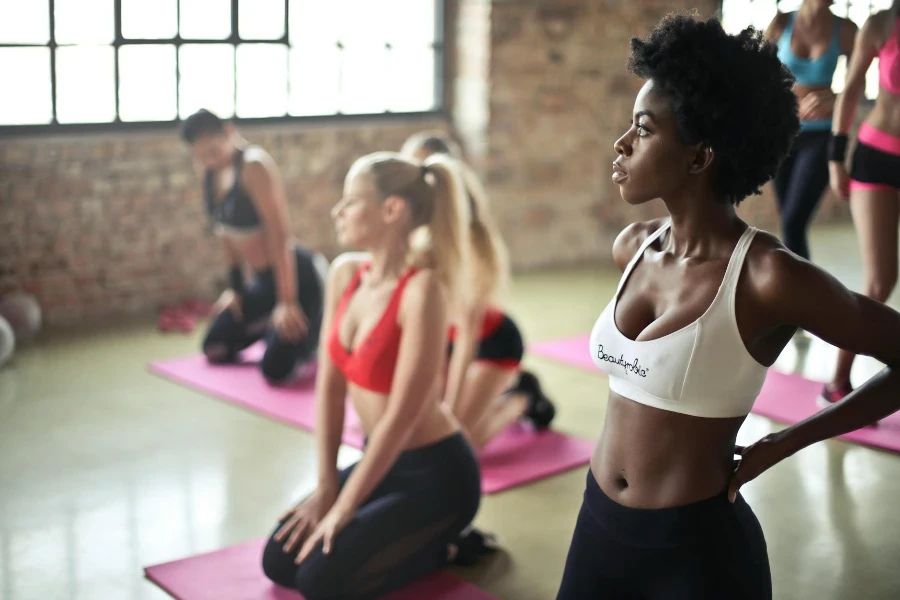
Yoga encompasses various styles, each with its unique focus and benefits. For beginners, navigating these options can be overwhelming, but understanding the characteristics of a few key styles can help you make an informed decision. Hatha yoga, known for its slow pace and focus on basic postures, is ideal for beginners seeking to learn the fundamentals. Vinyasa yoga offers a more dynamic practice, with sequences that flow smoothly from one pose to another, making it suitable for those looking for a more physically challenging experience.
It’s important to consider your personal goals, fitness level, and preferences when choosing a yoga style. Trying different classes can provide valuable insights and help you find the style that resonates with you. Remember, there’s no one-size-fits-all in yoga, and the best style is the one that meets your individual needs and inspires you to continue practicing.
Essential yoga poses for beginners
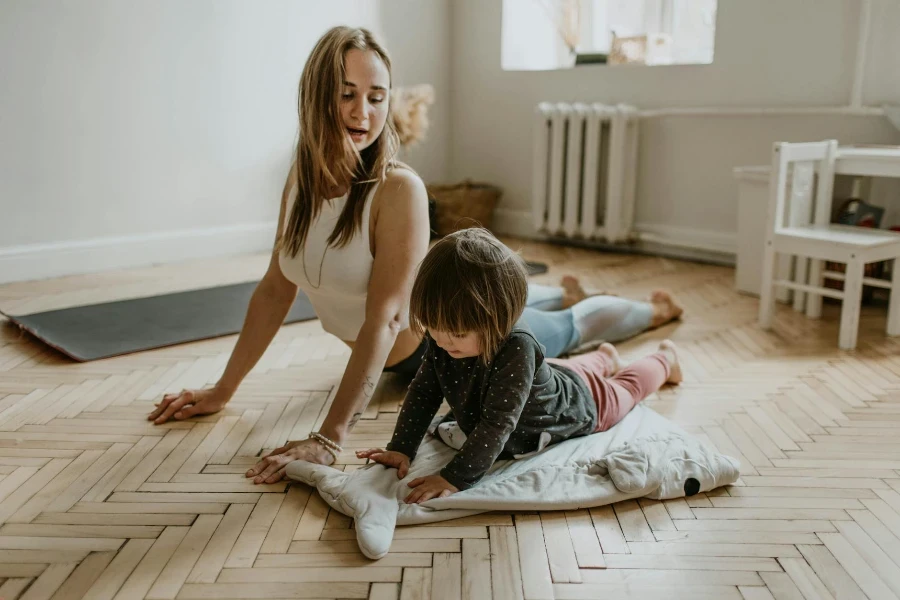
Starting with a few basic poses can build a solid foundation for your yoga practice. Poses like Mountain Pose (Tadasana), Downward Facing Dog (Adho Mukha Svanasana), and Warrior I (Virabhadrasana I) are staples in many yoga routines and offer numerous benefits, including improved strength, flexibility, and balance. These poses also introduce beginners to the principles of alignment and body awareness, which are crucial for a safe and effective practice.
Incorporating these foundational poses into your routine can help you build confidence and prepare you for more advanced practices. It’s essential to listen to your body and modify poses as needed to accommodate your abilities and avoid injury. Over time, as you gain strength and flexibility, you’ll be able to explore more complex poses and sequences.
Tips for your first yoga class
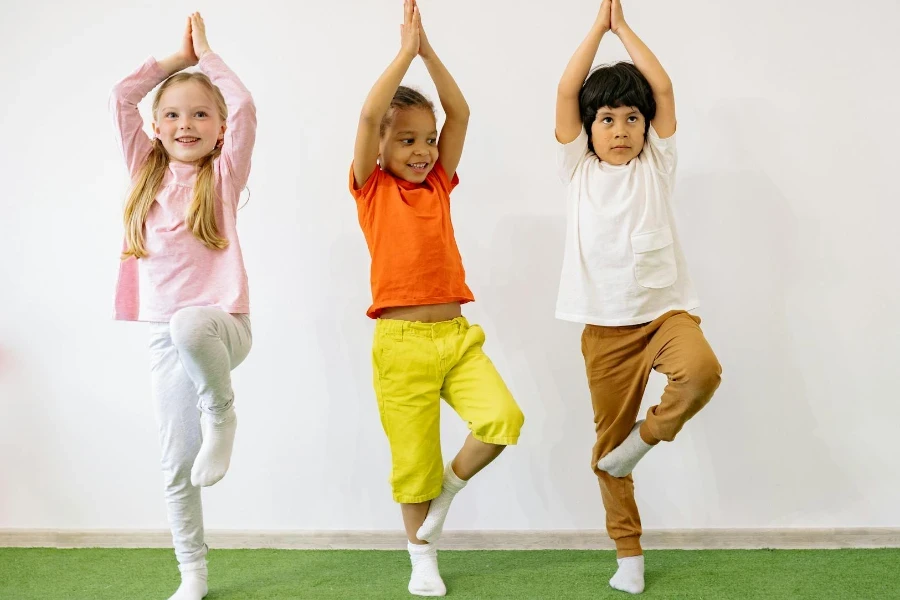
Attending your first yoga class can be intimidating, but preparation and an open mindset can make the experience enjoyable and rewarding. Arrive early to introduce yourself to the instructor and discuss any concerns or limitations you may have. This will allow them to provide modifications and support throughout the class.
Wearing comfortable, breathable clothing and bringing a yoga mat and water bottle will ensure you’re prepared for the class. During the session, focus on your breath and practice at your own pace, resisting the urge to compare yourself to others. Remember, yoga is a personal journey, and everyone’s path is unique.
The benefits of regular yoga practice
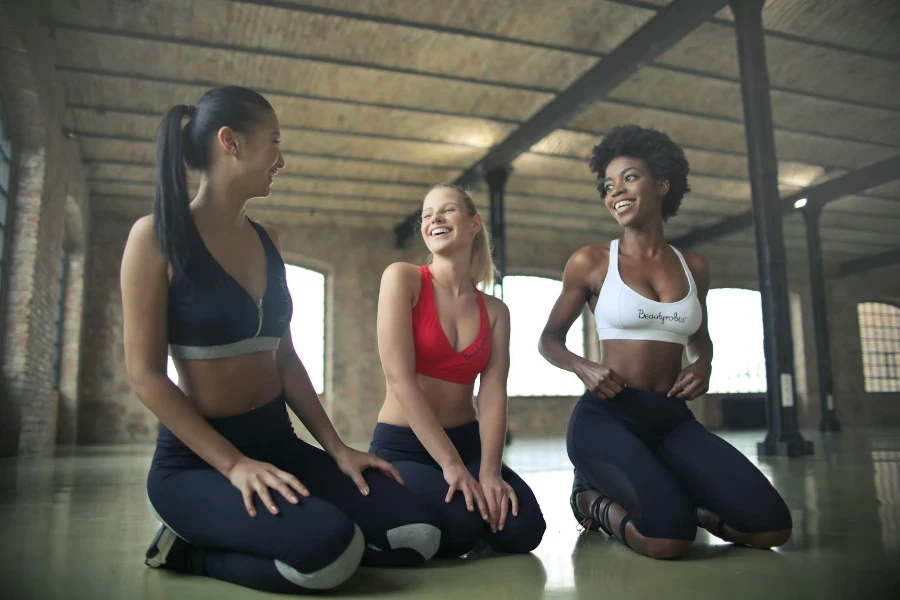
The benefits of yoga extend far beyond physical fitness. Regular practice can reduce stress, improve mental clarity, and enhance emotional resilience. Yoga’s emphasis on mindfulness and present-moment awareness can cultivate a sense of peace and well-being that permeates all aspects of life.
Physically, yoga strengthens the body, increases flexibility, and promotes balance and coordination. These benefits contribute to overall health and can prevent injuries by improving body awareness. As you continue your yoga journey, you may also discover a deeper connection to your inner self and a greater sense of purpose and fulfillment.
Conclusion:
Yoga for beginners offers a gateway to a healthier, more balanced lifestyle. By understanding the basics, finding the right style, mastering essential poses, and embracing the practice with an open heart, you can unlock the transformative power of yoga. Remember, the journey of yoga is one of continuous learning and growth, where each practice brings you closer to your true self.
